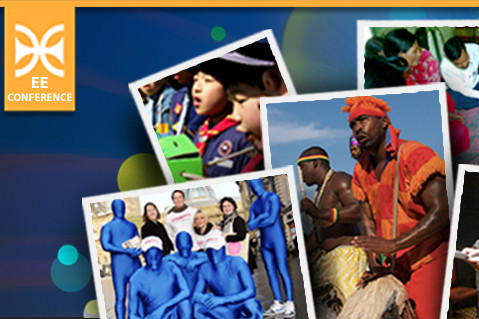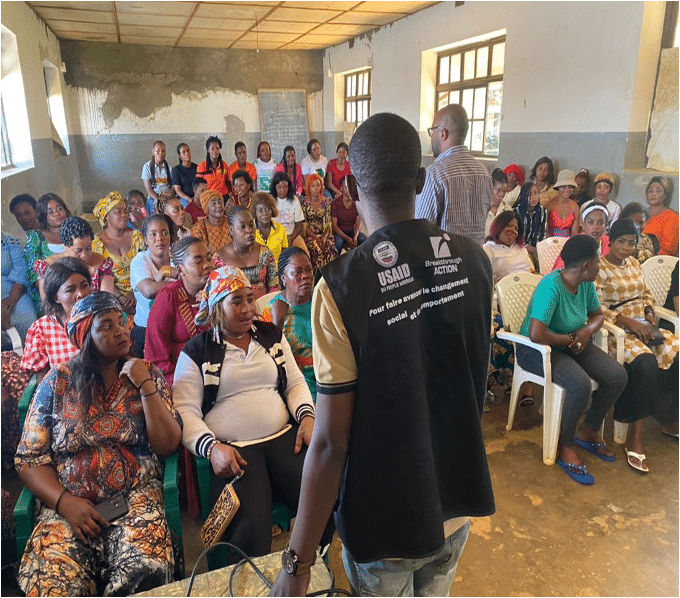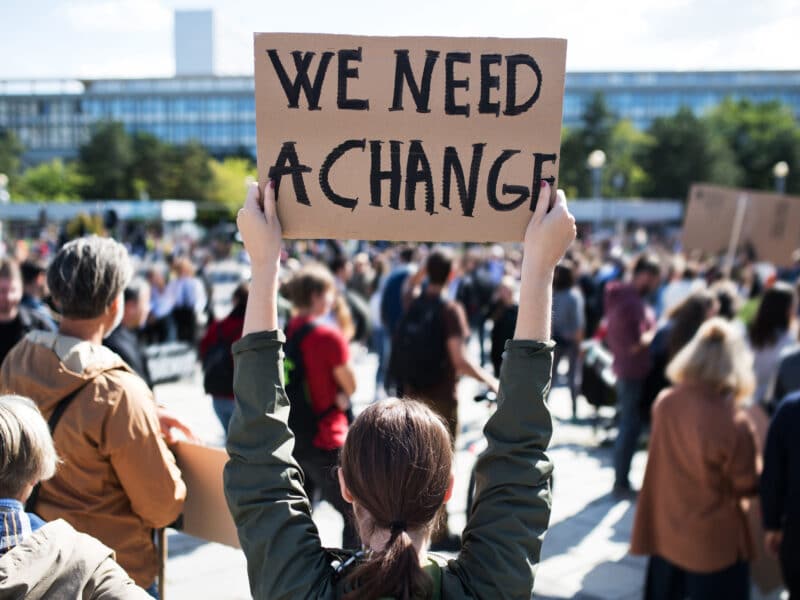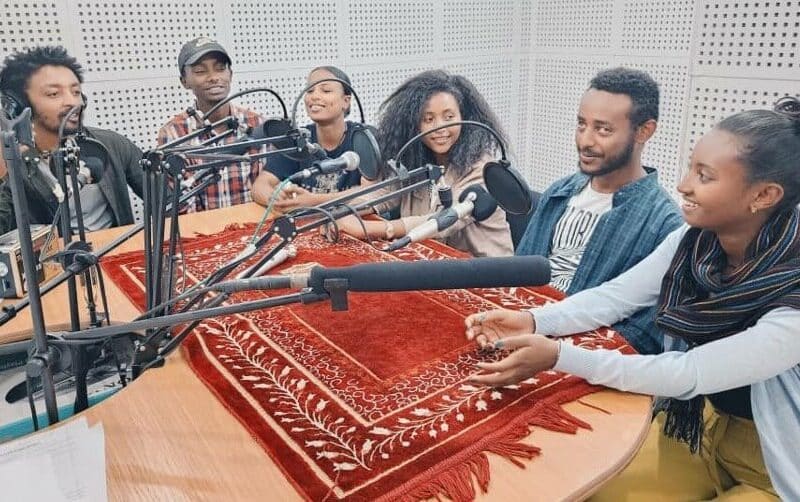A new review by researchers from the Johns Hopkins Bloomberg School of Public Health Center for Communication Programs (JHU∙CCP) analyzes the presentations and discussions that took place during the Fifth International Conference on Entertainment Education (EE5) in New Delhi, India in November 2011 to understand the current state of the field and future directions for Entertainment Education (EE).“EE is one of the most powerful and popular strategies for social and behavior change communication because it tells the stories of people’s lives,” explains Douglas Storey, Director for Communication Science and Research at JHU∙CCP and lead author of the article. “It provides an easy way for people to identify with and empathize with characters that creatively solve the challenges of their lives and become good role models for millions of people.”
EE5 brought together almost 400 scholars, practitioners, donors, policymakers and artists from 31 countries.
Key themes that shaped discourse during the conference included a focus on increasing social equity to promote participation in social change communication, affirming the power of narrative and storytelling to facilitate self-expression among individuals and expanding dialogue within the EE community to encourage continued collaboration.
The review also identifies several challenges facing the field of EE, including documenting the effectiveness of EE in order to maintain collaborative relationships with donors, as well as balancing the dynamic between research and program design to allow art (entertainment) and science (education) to thrive together.
Although EE has historically favored the use of radio and television programs, such as soap operas, conference presentations demonstrated that this is evolving. New formats, such as reality programs, were showcased in a large number of presentations, as was the emerging principle of transmedia: cross-referencing a program in multiple social and mass media to create an enveloping experience for audiences.
Storey & Suruchi Sood’s analysis was based on data from the program records and post-conference proceedings for the five EE conferences between 1989 and 2011.
Learn more about JHU∙CCP’s Global Program on EE.





